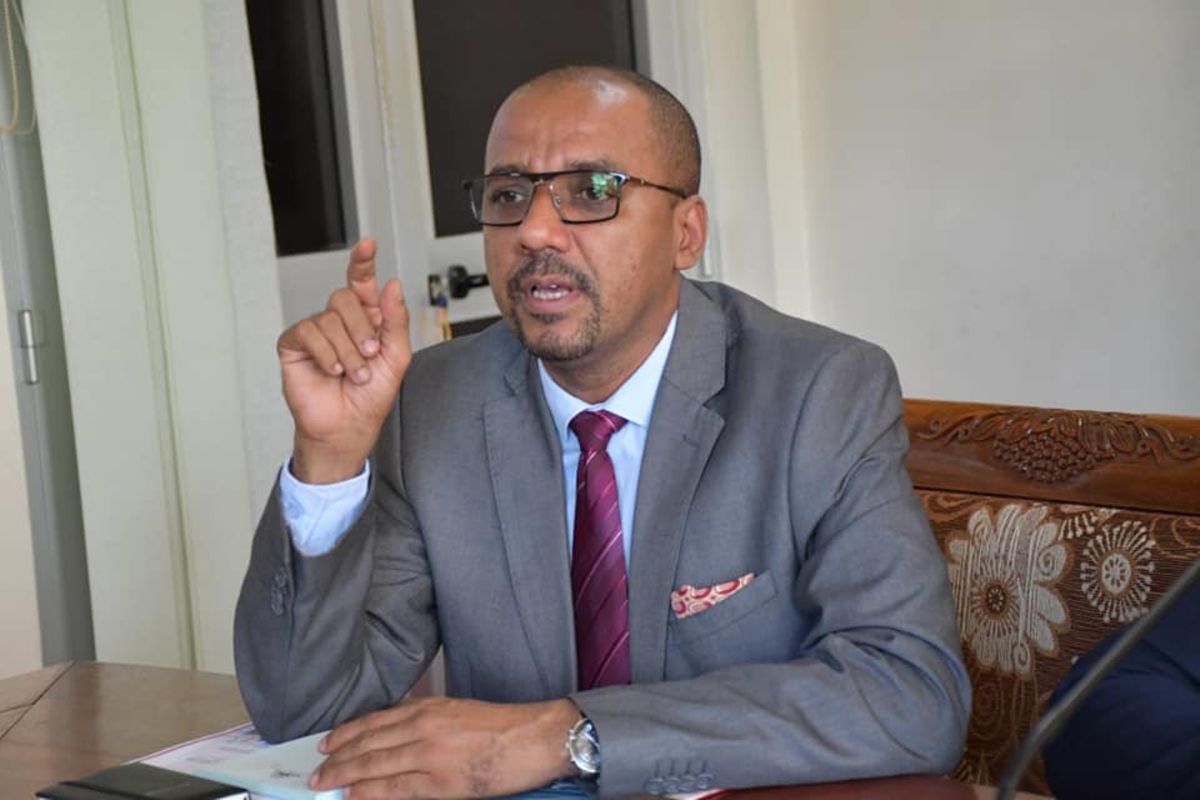Dar es Salaam. A fintech, NALA, founded by Tanzanian entrepreneur Benjamin Fernandes, has received a financial boost after it was announced on the US stock exchange NASDAQ to have secured a $40 million (over Sh100 billion) investment.
This investment will enable the fintech, which relocated its regional head office to Kenya, to achieve its goal of further international growth and to improve the quality and security of payments across Africa through a new payment system developed by the company called Rafiki.
NALA has received this investment from major global investment firms such as Acrew Capital, DST Global, Amplo, and others.
Fernandes, 31, founded NALA at the age of 24. He currently serves as the founder and CEO. NALA is an international financial technology company that enables people and businesses to make cross-border payments between the USA, UK, and Europe to Africa. Nala was the first East African fintech company selected for Y-Combinator in the USA.
The company says it will use this investment to achieve its international goals by focusing on two main things: increasing services for sending and receiving money outside of Africa and creating banking services for immigrants and people living abroad.
Nala has stated that its new international payment system called Rafiki is expected to be used by billions of people, ensuring customers high-quality and secure payment services, excellent foreign exchange services, low transaction costs, and enabling businesses to send and receive payments easily. “This will bring a revolution in payment services in Africa similar to what dlocal did in Latin America and AirWallex did in Asia,” the company said.
NALA has continued to perform well over the past 12 months, witnessing a 34-fold increase in transactions processed on NALA, the number of employees increasing from 7 to 100, and the number of customers reaching 500,000, with branches added in 21 European countries.
During an interview with MillardAyo, Fernandes said, “This investment of Sh106 billion will enable us to expand our financial services. In addition to providing remittance services (sending money from abroad to home in Africa), we will also offer new international payment services outside of Africa. We will use this money to improve the infrastructure of our new payment system (called Rafiki), improve the quality and speed of financial services, and reduce transaction costs. NALA is not just participating in the changes in financial services; we are making those changes happen.”















